Trump Administration Seeks Billions in Fees for Brokering TikTok Sale, Stirring ‘Trump-Style Nationalization’ Debate
Input
Modified
Impending Signature on U.S. TikTok Operations Deal American-Dominated Board and Algorithm Control Declared “Enormous Money to Be Collected, Billions of Dollars Wanted”
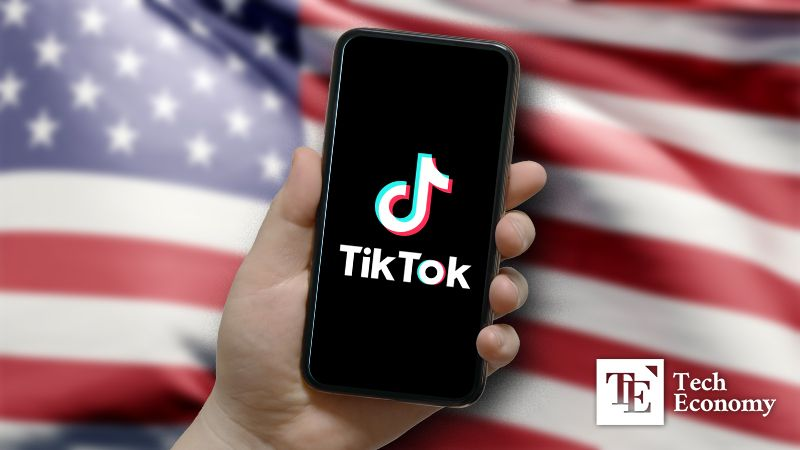
President Donald Trump and Chinese President Xi Jinping have reached a final agreement on the divestiture of TikTok’s U.S. operations. Under the arrangement, the Trump administration is poised to reap billions of dollars in fees as compensation for brokering the sale, while TikTok’s U.S. board will be filled predominantly with American directors to ensure domestic oversight.
Trump-Xi Agreement on TikTok Sale
According to Reuters on the 21st (local time), Trump revealed on the 19th via his social media platform Truth Social that he had held a “very productive call” with Xi. He stated, “We achieved progress on the TikTok transaction as well as on trade, fentanyl, and the war in Ukraine.”
The current deal is a continuation of Trump’s earlier attempts in his first term to expel TikTok from the U.S. In 2020, acquisition talks involving Oracle and Walmart collapsed. However, legislative measures last year tightening restrictions on Chinese apps reignited momentum. TikTok, with approximately 170 million American users, holds significant political and economic weight. The Trump administration has consistently raised concerns that TikTok’s parent company ByteDance could facilitate Chinese surveillance or hacking.
While Trump initially pursued a ban during his first term, he pivoted during last year’s presidential race, leveraging TikTok influencers to consolidate support among younger conservatives. Last month, the White House even launched an official TikTok account, underscoring the administration’s evolving strategy ahead of next year’s midterm elections. The U.S. Commerce Department emphasized, “We expect both sides to honor their commitments in good faith, ensuring that TikTok and other Chinese firms can continue to operate in an open, fair, equitable, and non-discriminatory business environment in the U.S.”
U.S. Board Majority as Strategic Control Move
Under the agreement, TikTok will be restructured into a new U.S. entity, separating control from ByteDance. Prospective investors include Oracle Chairman and CTO Larry Ellison, Dell Technologies Chairman and CEO Michael Dell, and Fox Corporation CEO Lachlan Murdoch. By filling the board with Americans, the administration aims to consolidate U.S. control. In a Fox News interview on the 21st, Trump lauded them as “distinguished Americans and patriots” who would “do an excellent job” managing TikTok’s U.S. operations.
Should both Ellison and Dell participate, the venture would unite titans from both software and hardware sectors. Ellison recently surpassed Elon Musk as the world’s wealthiest individual. Murdoch, heir to media magnate Rupert Murdoch, already controls Fox News, The Wall Street Journal, and the New York Post, among other global media assets. Trump also hinted that Rupert Murdoch himself “will probably be involved.” This marks the first time Murdoch’s name has surfaced in connection with the acquisition, with investments expected through Fox Corporation.
In addition, venture capital firm Andreessen Horowitz (a16z) and private equity group Silver Lake are partnering with Oracle in the acquisition consortium. White House spokesperson Karoline Leavitt told Fox News on the 20th that six of the seven board members will be American, with final signatures expected “within days.” She added that TikTok’s algorithms will also come under U.S. oversight, with Oracle managing data and security functions.
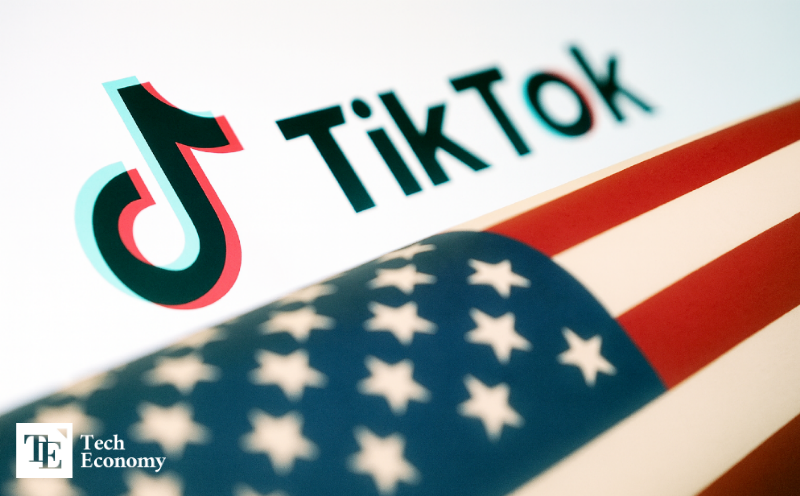
Billions in Fees Raise Concerns Over International Business Norms
The Trump administration also intends to collect a massive fee from U.S. investors in exchange for brokering the sale. Under the new ownership structure, U.S. firms will control half of TikTok’s shares, while ByteDance’s stake will fall below 20%. Trump asserted, “America will receive enormous compensation for extracting TikTok from China—this is more than a simple transaction fee; it includes additional premiums.” According to the Wall Street Journal, insiders expect the deal to be approved, with U.S. firms likely to pay the government billions. Analysts suggest companies are willing to pay in anticipation of outsized future returns.
Nonetheless, the arrangement has drawn sharp criticism. Direct government collection of fees from private deals risks undermining transparency and fairness in trade and investment markets, and it deviates significantly from international business norms. In typical M&A transactions, investment banks charge less than 1% of deal value, with lower percentages on larger transactions. While TikTok’s U.S. unit could be valued in the billions, a government-imposed fee of comparable magnitude is unprecedented. Never before has Washington demanded payment from corporations in return for security clearance or export licenses.
Trump previously sought to justify similar measures on national security grounds. His administration compelled Nvidia and AMD to remit 15% of their China sales revenues to the federal government in exchange for export licenses, and it secured a 10% stake in Intel in return for federal subsidies.

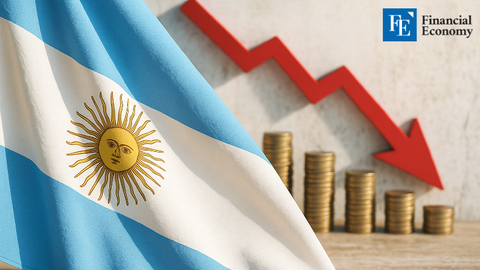
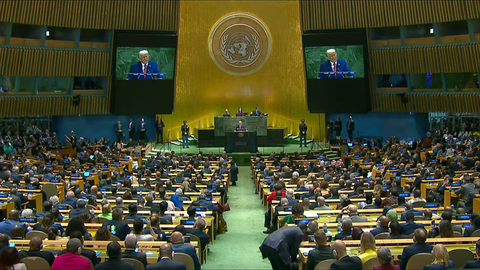
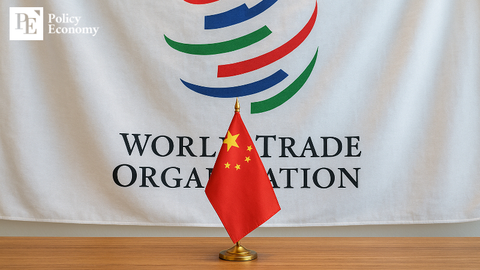

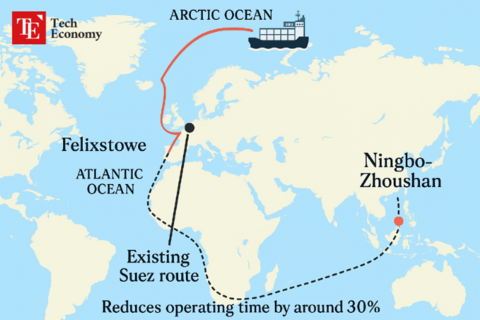
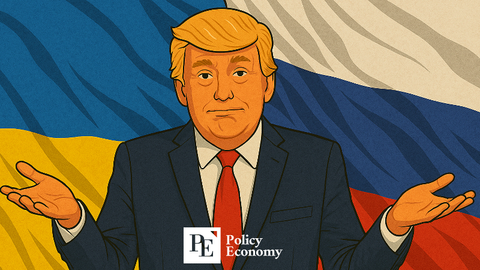


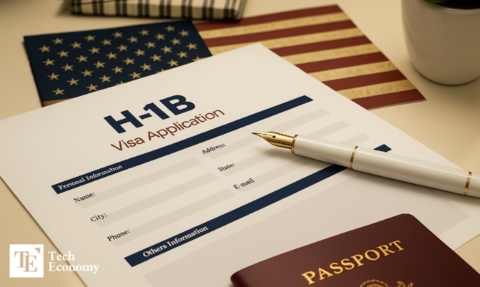












Comment